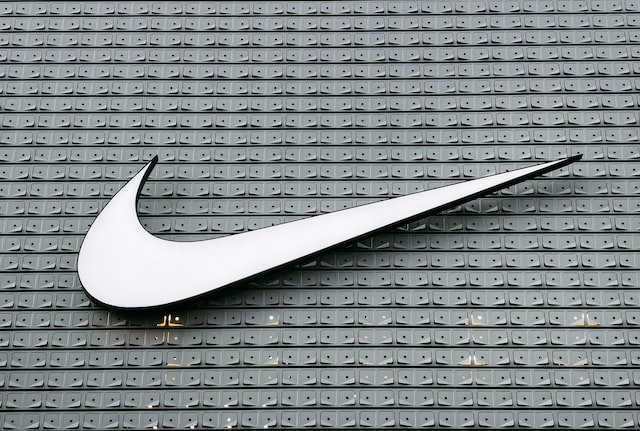1, A class changes the course of his life, then he starts a company with $1,000
Born in 1938, Phil Knight was a sports enthusiast as a teenager and had his sports-related interviews published in his high school newspaper. Knight's life was changed, or more accurately, by a class in which he was given the assignment to imagine a small company, describe its goals and develop a marketing plan, in which he envisaged using the cheap labor available in Japan at the time to produce high quality sports shoes, and in 1964 Knight and Bowerman each contributed $500 to start the company, which was initially called Blue Ribbon Sports, a distributor of the Japanese athletic shoe brand Onizuka Tiger in the United States.
2, Bought the distinctive logo for $35 and officially changed the company's name to Nike
Initially, due to lack of capital, they did not have a fixed office or business office, so the company's address was in the garage of their parents' house. When they were selling their products, the housing was the shop and the sales truck was the office. To save on rent, they chose to open a shop near a dump station, and because packaging was too expensive, they chose to buy old wrapping paper from a scrapyard for packaging. At that time, Knight worked as an accountant at PricewaterhouseCoopers during the day and sold shoes from a stall on the university campus or at the sports ground after work. By 1969 Knight had successfully sold a million pairs of sneakers with the Blue-Ribbon logo, made in Japan, and it was during this experience that he discovered the secret to Nike's later dominance of the shoe market, which was to spread the belief that shoes could bring people a good experience in life. was known all over the world, at this time the Blue Ribbon Company had sales of over 6 million dollars, at the same time Tiger offered to buy 51% of the Blue Ribbon Company and two of the five directors, if not agree to this request will immediately stop supply, however Knight refused this request and with his design patent soon found a partner, just at the end of this year Knight named the company Nike, it is worth mentioning that The name NIKE is said to have been dreamt up by an employee, and it represents the winged goddess of victory in ancient Greek mythology.

3, Launch of air-cushioned shoes and a five-year contract with Jordan
In 1972 Nike shoes officially launched, the year sales revenue of 3.2 million U.S. dollars, the next 10 years Nike company profits doubled year after year, at the same time Frank Rudi brought Knight a new innovation, that is, the air into the sole, commonly known as air cushion shoes, initially Knight felt that this idea is not very reliable, so he decided to try this shoe himself, it proved to be a flying feeling, Knight finished testing In 1983, Knight handed the company over to Bob Woodall, who ignored the trend of jogging and the rise of aerobics. Nike's turnover dropped by 6%, so Knight returned to the company the following year to regroup and Nike began to re-establish its image with a strategy of advertising endorsements, Knight signed a five-year contract with Jordan, many people thought Knight was crazy at the time, but he proved his choice was the right one with the facts Four years later, the phrase "Just Do It" helped Knight's career to the next level.

4, Constantly innovating and improving, and believing that those who break the mould are always respected
Nike is not only a sports company, it is also an advertising company to a certain extent, in the 1980s and 1990s, Knight began to spend a lot of money on celebrity packaging and advertising, but the reason for Knight's success also lies in his innovation, which is largely due to Bowerman's repeated modification of sneakers, Knight said we do meaningful innovation, not innovation or death, while Knight subversively modified the laws of sports marketing, celebrity endorsement has become the classic model of sports marketing, Nike's advertising has repeatedly become, advertising history of the classic, Knight asked the company's advertising ideas cannot appeal to the product and sales, but dedicated to the communication between the mind and the consumer, Knight used the marketing tools, but also extremely good products, he firmly believes that those who break the rules people always respect, so Many have called Knight "one of the most eccentric leaders in a Fortune 500 company". During his years at the helm of Nike, he announced his retirement three times and returned twice, even firing his hand-appointed successor. A look back at Knight's decades of entrepreneurial history reveals that the reason for his success is constant innovation and non-stop entrepreneurship, and of course his fortune does not stop, behind him is a business empire with a market value of more than $170 billion founded with $1,000.
















